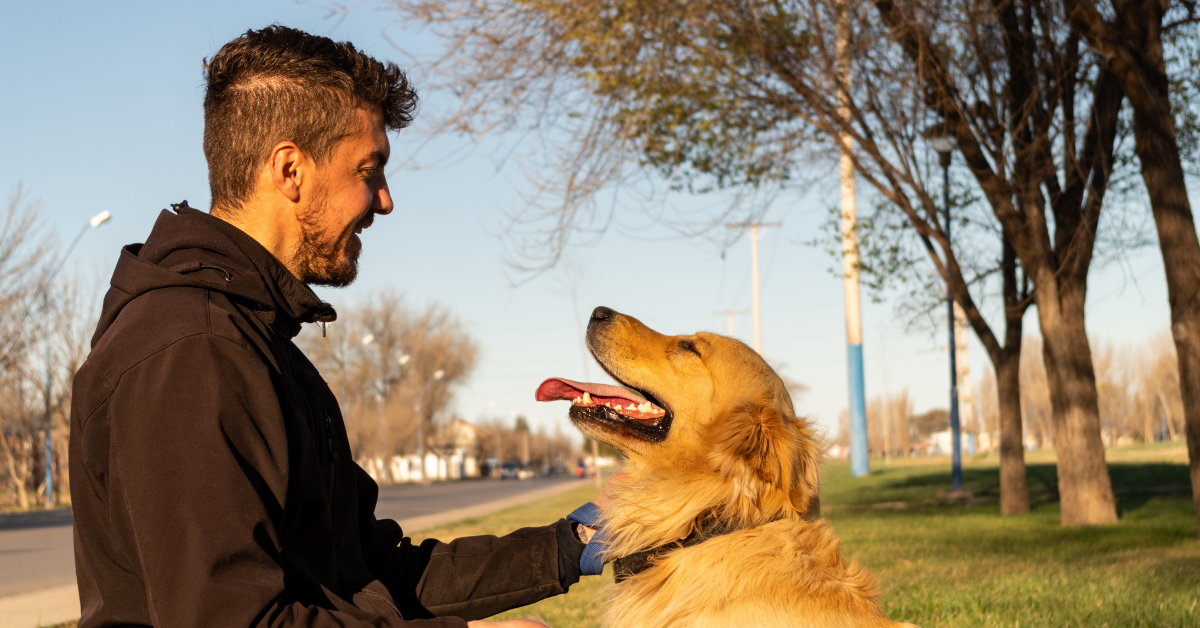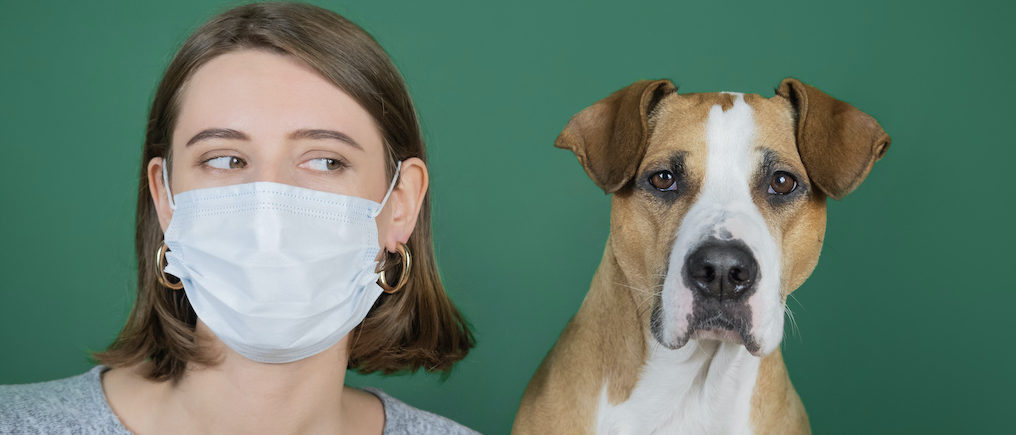
With all the uncertainty surrounding the novel Coronavirus (2019-nCoV) health scare, what about your pet? I mentioned, jokingly, that my flu symptoms were probably tied to this latest pandemic (my humor is dark). My boss said, “You don’t want to give it to your dog!”
Oh my gosh, I thought! Is that even possible?
If the thought hasn’t crossed your mind, but the mention of it has sent your brain into a spiral, pause. I’m going to run you through everything I already researched.
First, while there was a report of a dog in Hong Kong testing positive for 2019-nCoV, it should be noted, that the test was resulting at a low level. Further, the pet’s owner had already tested positive for 2019-nCoV. According to reporting in The Washington Post , the pet has shown no symptoms and is under quarantine. Experts caution against overreacting to a lone case.
Experts Agree
What experts do express concern over is the possibility of transmission through cats. The Post cites an article in the “Journal of Virology” reporting that the virus that causes covid-19 “can attach to receptor cells present in cats, pigs, ferrets and some primates — meaning those species might be at greater risk of being infected.”
But, for now, there isn’t overwhelming concern for pet-to-human or human-to-pet transmission. That being said, much is unknown about this virus. The Chief Veterinarian Officer (CVO) of the American Veterinary Medical Association has reiterated their previous advice. CVO Gail Galob recommends that people focus on hygiene, and stay home and away from their pets if they are ill. Specifically, she says to avoid activities “including petting, snuggling, being kissed or licked, and sharing food.”
Safety Precautions
Remember that a pet can host a virus on its skin or fur just like a phone or desk would. That would allow for further transmission to other people, particularly if a child were to touch a pet that had been handled by an infected person.
The bottom line is not to panic! Keep washing your hands! And be cautious about the physical interaction between you and your pet if you become ill.
Other Recent Blog POsts
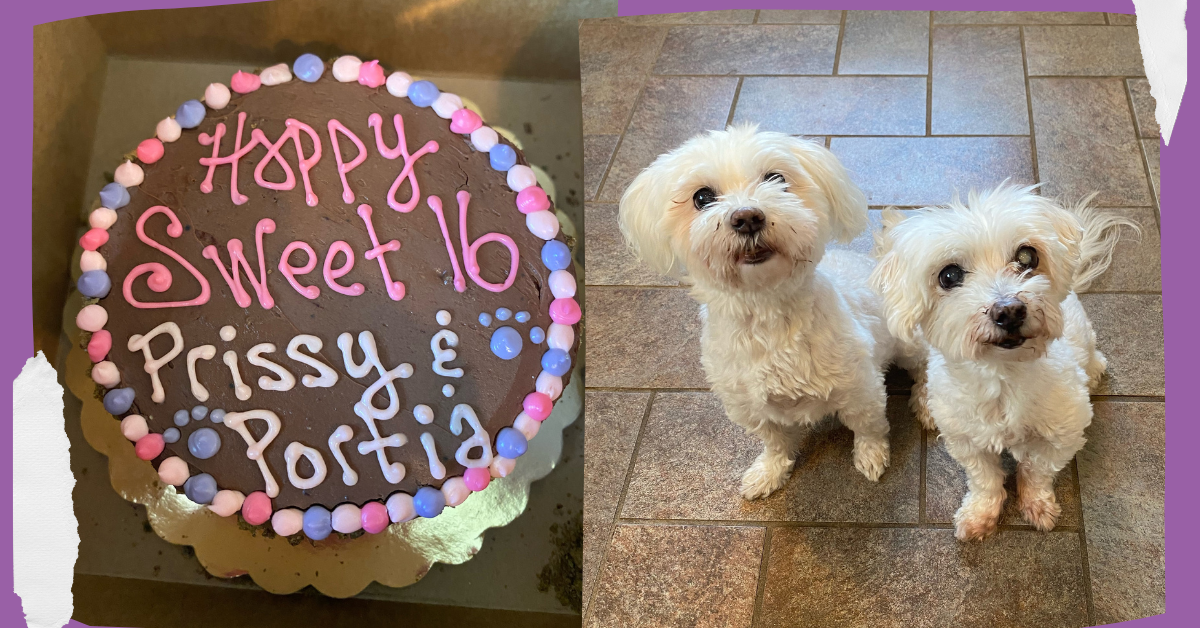
Celebrating The Original Floofins’ Sweet 16
July 24, 2024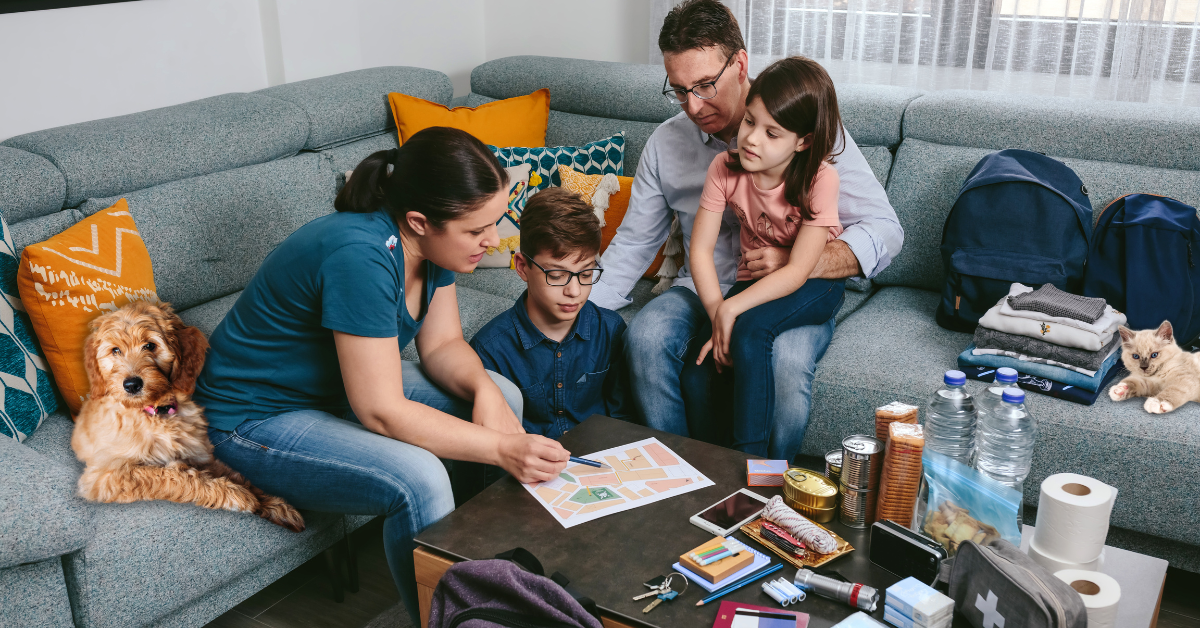
Emergency Planning for Your Home & Pet
July 18, 2024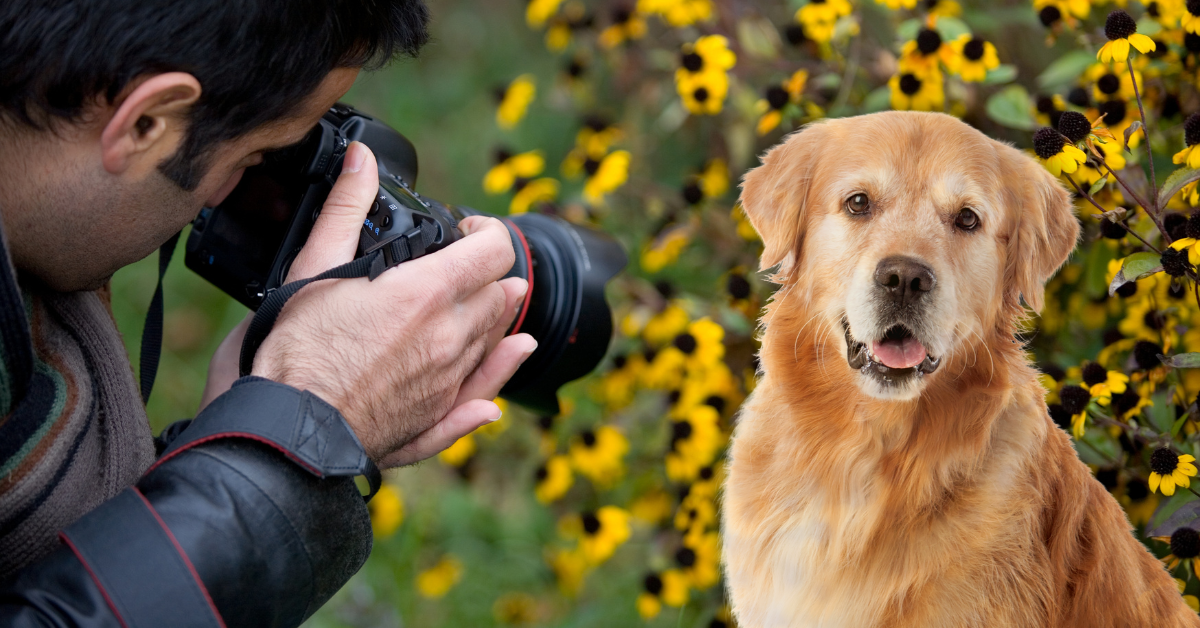
Beyond the Blurry Phone Pic: Schedule Professional Pet Photos Instead
July 10, 2024
Keeping Chicago Pets Safe on the Fourth of July
July 1, 2024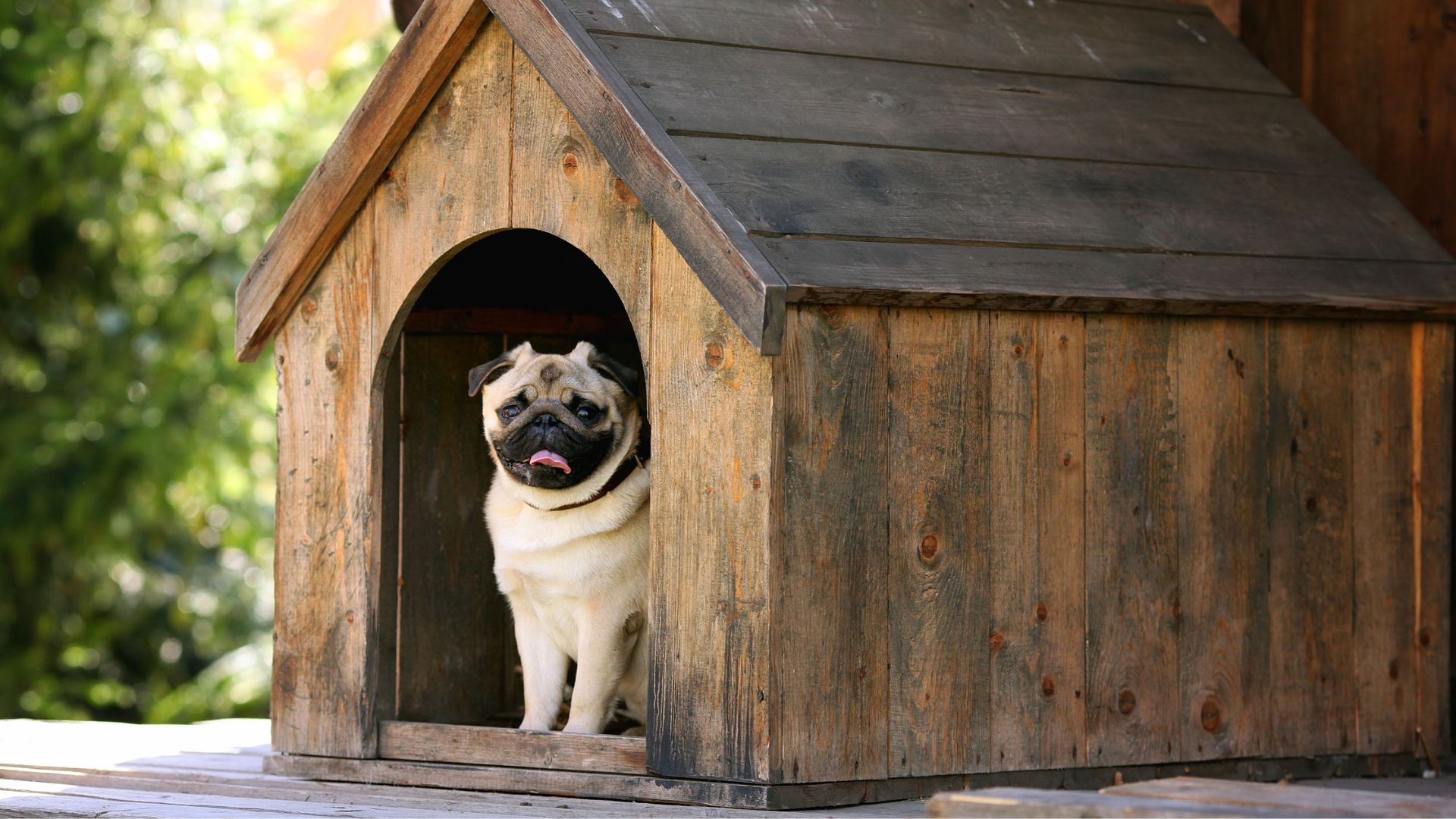
Why Floofins & Co. Leads the Pack
June 26, 2024